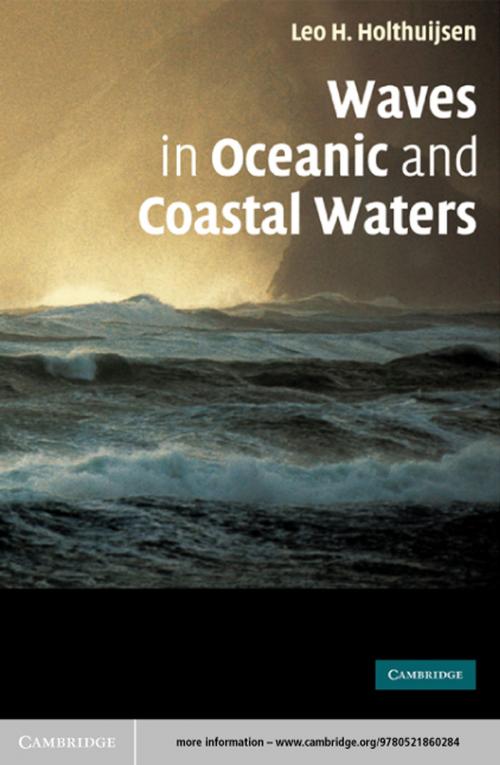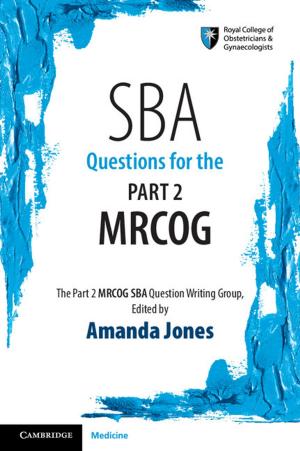Waves in Oceanic and Coastal Waters
Nonfiction, Science & Nature, Science, Earth Sciences, Oceanography, Technology| Author: | Leo H. Holthuijsen | ISBN: | 9781107086364 |
| Publisher: | Cambridge University Press | Publication: | February 4, 2010 |
| Imprint: | Cambridge University Press | Language: | English |
| Author: | Leo H. Holthuijsen |
| ISBN: | 9781107086364 |
| Publisher: | Cambridge University Press |
| Publication: | February 4, 2010 |
| Imprint: | Cambridge University Press |
| Language: | English |
Waves in Oceanic and Coastal Waters describes the observation, analysis and prediction of wind-generated waves in the open ocean, in shelf seas, and in coastal regions with islands, channels, tidal flats and inlets, estuaries, fjords and lagoons. Most of this richly illustrated book is devoted to the physical aspects of waves. After introducing observation techniques for waves, both at sea and from space, the book defines the parameters that characterise waves. Using basic statistical and physical concepts, the author discusses the prediction of waves in oceanic and coastal waters, first in terms of generalised observations, and then in terms of the more theoretical framework of the spectral energy balance. He gives the results of established theories and also the direction in which research is developing. The book ends with a description of SWAN (Simulating Waves Nearshore), the preferred computer model of the engineering community for predicting waves in coastal waters.
Waves in Oceanic and Coastal Waters describes the observation, analysis and prediction of wind-generated waves in the open ocean, in shelf seas, and in coastal regions with islands, channels, tidal flats and inlets, estuaries, fjords and lagoons. Most of this richly illustrated book is devoted to the physical aspects of waves. After introducing observation techniques for waves, both at sea and from space, the book defines the parameters that characterise waves. Using basic statistical and physical concepts, the author discusses the prediction of waves in oceanic and coastal waters, first in terms of generalised observations, and then in terms of the more theoretical framework of the spectral energy balance. He gives the results of established theories and also the direction in which research is developing. The book ends with a description of SWAN (Simulating Waves Nearshore), the preferred computer model of the engineering community for predicting waves in coastal waters.















